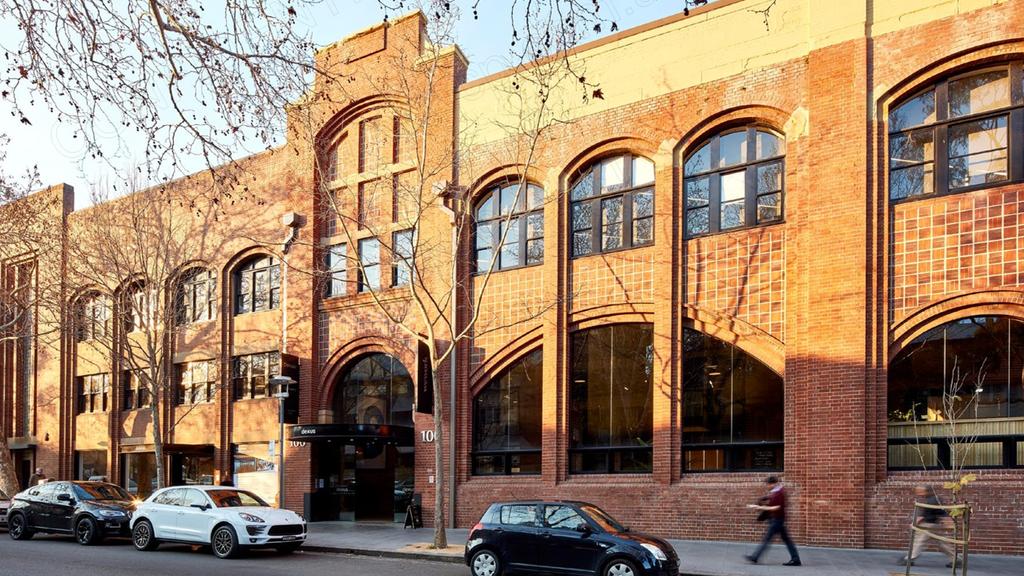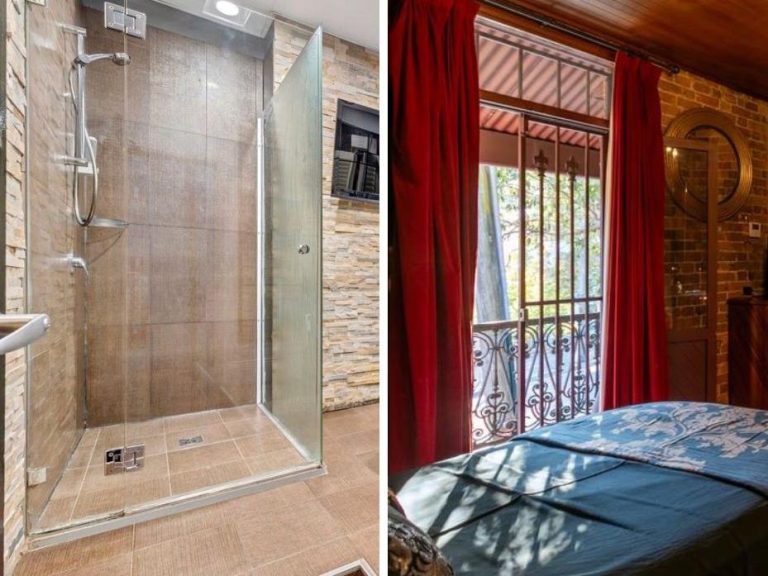Wentworth-Lowy backed venture snap up Sydney block in $229m office play

Assembly Funds Management and Wentworth Capital have bought 100-130 Harris Street in Pyrmont.
The Lowy-family backed Assembly Funds Management has teamed with real estate private equity firm Wentworth Capital to snap up a bargain office building, with the pair forking out $229.3m for a Sydney complex.
They have bought the refurbished historic woolstores complex at 100-130 Harris Street in Pyrmont, that are now top class offices, picking up the complex from the listed property group Dexus.
The long-running deal is the largest office play made by the Assembly and is a big bet on offices by the Lowy family-backed firm, which made its fortune from the Westfield shopping centre empire before selling out in 2018.
The deal also shows that more players are finding value in the beaten down office market with other funds managers, including Growthpoint, Sentinel and Forza Capital also buying up assets.
Dexus has been offloading offices, partly as it refocuses on other areas, and it has also confirmed its office partnership had sold a block in Brisbane to Aware Real Estate for $213.9m, showing a 1.7 per cent discount to its June book value. It is focusing on its larger office holdings, including developments like the under-construction Atlassian headquarters.
Dexus said it sold the Sydney building at its June book value. But when it picked up the Pyrmont office block as part of a larger spree in 2017, in which it also boosted its stake in Sydney’s MLC Centre, it paid $327.5m.
Dexus bought the complex from property developer Michael Teplitsky and tenants include co-working platform WeWork, which has shrunk down to a floor, and real estate listings company Domain.
Originally a wool store with an ornate brick facade, the historically significant 100 Harris St comprises A-grade office space, over six floors. The purchase also includes 130 Harris St, a newer boutique office space over three levels.
Sydney and Melbourne fringe office assets have been under pressure as markets as tenants chased quality space, but the buyers said the Pyrmont space fitted the bill for occupants. The building is next to the planned Pyrmont metro station, which is expected to open in 2030, which would be a strong catalyst for rent growth. They added that the building had strong environmental credentials and attracted high-quality tenants who stayed at the complex.
Wentworth Capital executive director Paul Apostoles said the acquisition was “in line with Wentworth’s proven strategy of acquiring irreplaceable, prime assets within strategic locations”. He cited new infrastructure spending, including the nearby Sydney Fish Markets and Mirvac’s Harbourside redevelopment in Pyrmont.
He said the firm was confident about buying at this time in the cycle. “I think in the city fringe market, there is still strong demand from tenants for the right types of buildings in the right location,” he said.
Assembly chief investment officer Tim Meurer said the acquisition was a unique opportunity to “strategically allocate” to Sydney’s office sector at an interesting stage in the cycle. “Acquiring a building of this quality, in a growing precinct, underpinned by committed infrastructure investment, presents as a compelling investment,” he said.
McVay Real Estate agent Robert Sewell brokered the off-market deal. He said the block was one of the best examples of adaptive reuse of offices in Australia, adding that the substantial 7,800sq m site would benefit from a “step-change” delivered by the future Pyrmont metro station and other new facilities.







